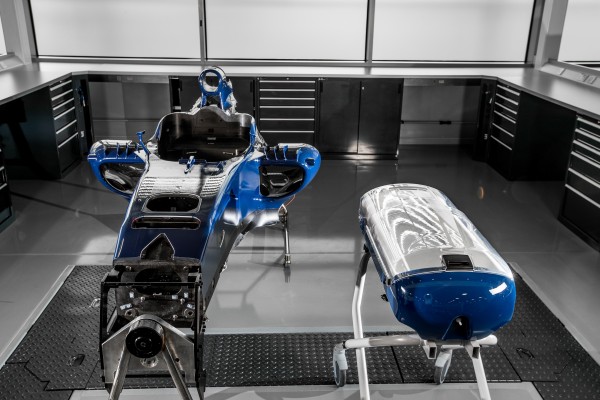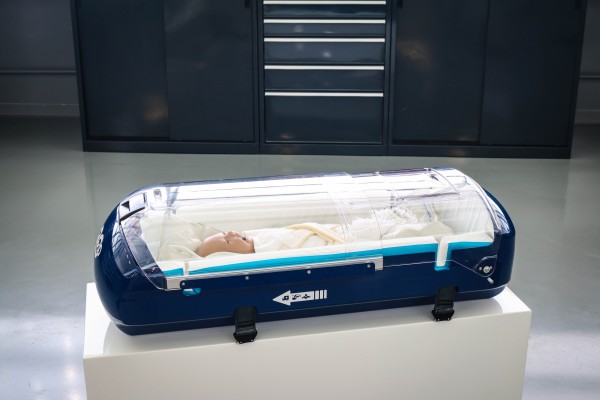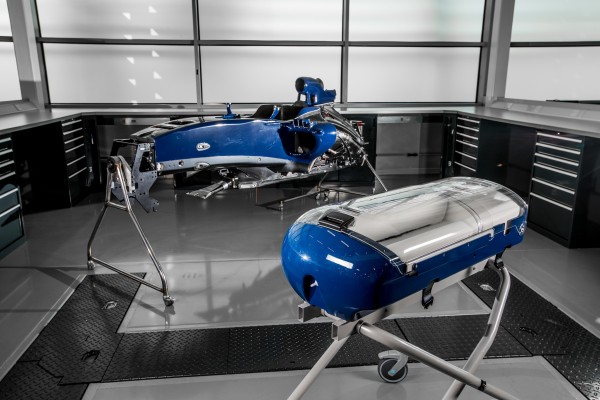Emergency transport for new-born babies developed from F1 racing technology
Williams Advanced Engineering has supplied carbon-fibre pods to Great Ormond Street Hospital

UK-based Williams Advanced Engineering has created a new pod that can safely transport new-born infants in the case of an emergency.
They will be used in Intensive Care Ambulances by Great Ormond Street Hospital ensuring the most precious cargo is kept safe and secure.

The Babypod 20 was built with high-speed F1 crash safety knowhow, and its lightweight carbon-fibre structure is said to be able to withstand a 20G impact – 20-times the typical force of gravity.
Craig Williams, managing director of Williams Advanced Engineering, said: “The parallels between a Formula One car and transport device for babies may not be immediately apparent, but both demand a lightweight and strong structure that keeps the occupant safe in the event of an accident, and can monitor vital signs whilst remaining easily transportable and accessible.”

Williams, part of the Williams Group that also owns the Williams F1 team, was approached by the Children Acute Transport Service (CATS) in 2015 to develop a new version of its existing Babypod, and it worked with infant transport company Advanced Healthcare Technology to reduce weight and improve crash test results.
Eithne Polke, operational manager and retrieval coordinator for CATS, said: “The CATS team control around 50 per cent of London’s emergency movements, so fast and effective transportation in these situations is vitally important to saving lives.

“Not only is the [Babypod’s] environment controlled at a constant temperature, but the visual opportunity afforded by the redesigned cover allows the baby to be constantly monitored and for better accessibility.
“Overall, we’re delighted with the updated Babypod design and safety features and believe it has made a big difference to our transportation processes.”





